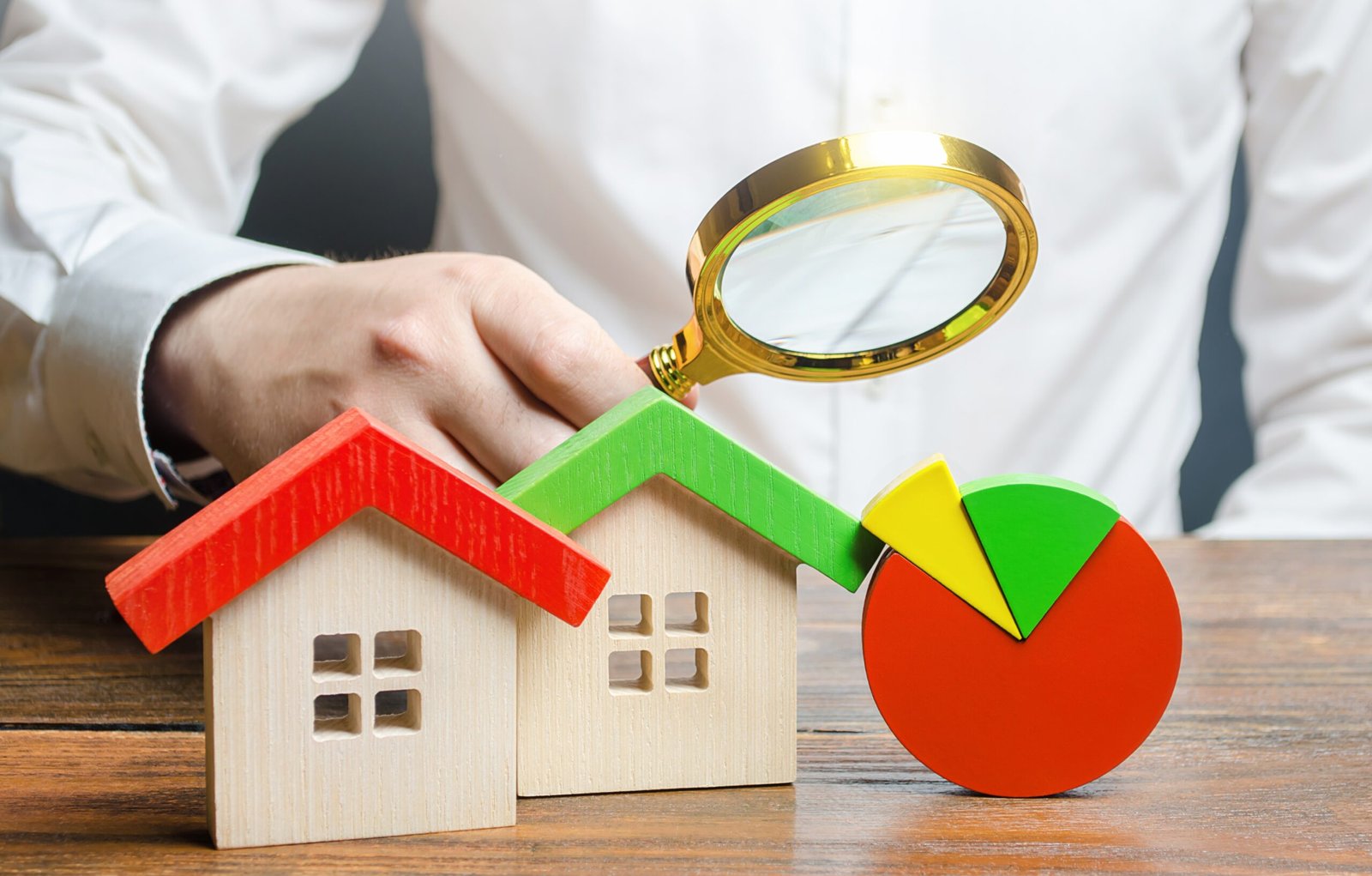How to Analyze a Real Estate Deal Like a Pro in Germany
Real estate investment in Germany is a promising opportunity for building wealth, but success relies heavily on your ability to evaluate potential deals. Whether you’re a first-time investor or looking to expand your portfolio, analyzing a real estate deal effectively can mean the difference between profit and loss. Germany’s dynamic real estate market requires a keen eye and a methodical approach to identify the best opportunities. Here are five essential tips to help you analyze a real estate deal like a pro.
1. Understand the Local Market Dynamics
Before diving into any real estate deal, it’s critical to gain a thorough understanding of the local market where the property is located.
- City-Specific Trends: German cities like Berlin, Munich, and Frankfurt have seen consistent growth in property values, but they also come with higher price tags. Meanwhile, emerging cities like Leipzig and Nuremberg offer more affordable options with significant growth potential.
- Demand and Supply: Research whether the area has a high demand for rental properties or owner-occupied homes. Proximity to public transport, schools, and business hubs often increases demand.
- Market Reports: Use resources like local real estate agencies and government data to understand property trends, average prices, and rental yields in your target area.
Being informed about market conditions ensures you invest in a location with strong growth potential and minimal risk.
2. Calculate Key Financial Metrics
Successful investors rely on financial metrics to assess whether a property is a good deal. Make sure you’re familiar with these key indicators:
- Net Operating Income (NOI): Subtract operating expenses (e.g., maintenance, taxes, insurance) from the annual rental income. The NOI gives a clearer picture of profitability.
- Cash-on-Cash Return: Compare the NOI to your initial cash investment. This metric measures the annual return on the money you’ve put into the deal.
- Break-Even Point: Determine how long it will take to recoup your investment. Shorter time frames usually indicate lower risk.
These calculations help you make data-driven decisions rather than relying on guesswork.
3. Conduct a Thorough Property Inspection
Never underestimate the importance of a detailed property inspection. A promising deal on paper can quickly become a financial drain if the property requires extensive repairs.
- Structural Integrity: Look for signs of damage, such as cracks in walls, leaking roofs, or faulty plumbing.
- Energy Efficiency: Properties with good insulation and modern heating systems are more appealing to tenants and help reduce long-term costs.
- Neighborhood Assessment: Visit the area during different times of the day to gauge noise levels, safety, and overall appeal.
- Professional Appraisal: Hire a certified inspector to evaluate the property’s condition and estimate repair costs. This upfront expense can save you from unexpected surprises later.
A thorough inspection ensures you’re fully aware of the property’s condition before committing to a purchase.
4. Understand Legal and Tax Implications
Germany has specific legal and tax considerations that you must understand to avoid complications.
- Zoning Regulations: Ensure the property’s zoning allows for your intended use. For example, converting a residential property into a commercial space may require special permissions.
- Taxes: Be prepared for property transfer tax (Grunderwerbsteuer), which varies by state, as well as ongoing property taxes. Rental income is also taxable, but allowable deductions like maintenance costs can reduce your tax burden.
- Tenant Laws: Germany’s tenant-friendly laws mean eviction processes can be lengthy and complex. Ensure you draft legally sound rental agreements.
Consulting with a legal advisor familiar with German real estate laws will help you navigate these aspects confidently.
5. Evaluate Future Growth Potential
A property’s current value is important, but true profit lies in its future growth potential.
- Infrastructure Developments: Look for upcoming projects like new transportation links, shopping centers, or schools, which can increase property demand and value.
- Urban Expansion: Properties in areas on the brink of urbanization often offer significant appreciation over time.
- Rental Trends: Analyze long-term rental trends in the area. Locations with steadily increasing rents are more likely to yield reliable returns.
Investing in properties with strong growth potential can maximize your return on investment.
Final Thoughts
Analyzing a real estate deal like a pro takes time, effort, and a systematic approach. By understanding local market dynamics, calculating key financial metrics, conducting thorough inspections, grasping legal implications, and evaluating growth potential, you’ll position yourself for success in Germany’s competitive real estate market.
Whether you’re looking to generate rental income or achieve capital appreciation, these tips will help you make informed decisions and build a sustainable portfolio. Start with one deal, learn from the process, and grow your expertise before you know it, you’ll be navigating the German real estate market like a seasoned professional.

